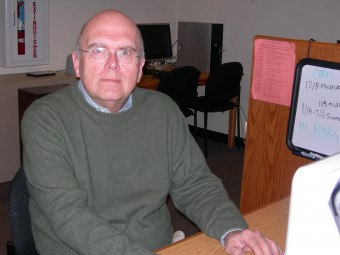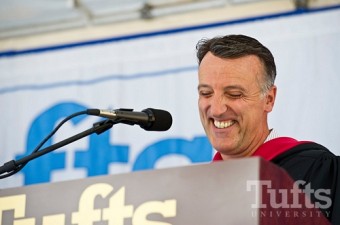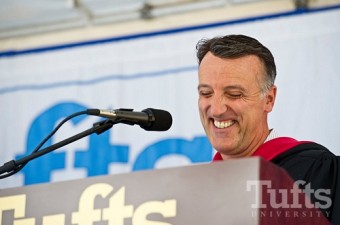James Conroy, New Trier Township High School, Winnetka, Illinois
Posted on Wed, 11/02/2011 - 21:14 Each month we feature a high school college counselor so you can get to know them -- their pet peeves and personal heroes -- but also so you can learn something from all that they know about applying to college.
Each month we feature a high school college counselor so you can get to know them -- their pet peeves and personal heroes -- but also so you can learn something from all that they know about applying to college.
This month we welcome James Conroy, Chair of the Post-High School Counseling Department at New Trier Township High School in Winnetka, Illinois. A graduate of Michigan State University, where he received a B.S. in political science, Conroy also holds a Masters in Guidance and Counseling from the University of Michigan, Ann Arbor. Born just outside Boston, Conroy later moved with his family to Grosse Pointe, Michigan, but a trace of the Bay State remains in his speech. Conroy and his staff counsel about 2,000 juniors and seniors each year at New Trier, where he has been a tireless -- and bracingly honest, we suspect -- advocate for college applicants for the last twenty-six years.












